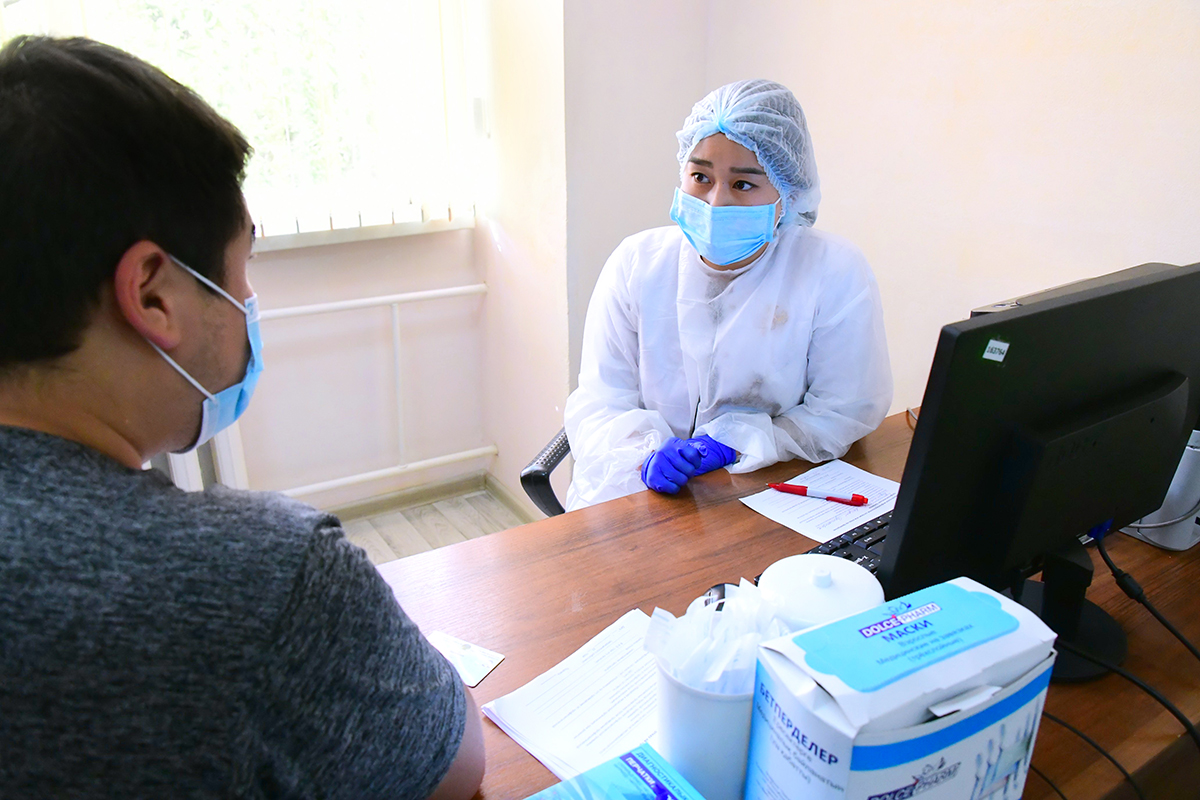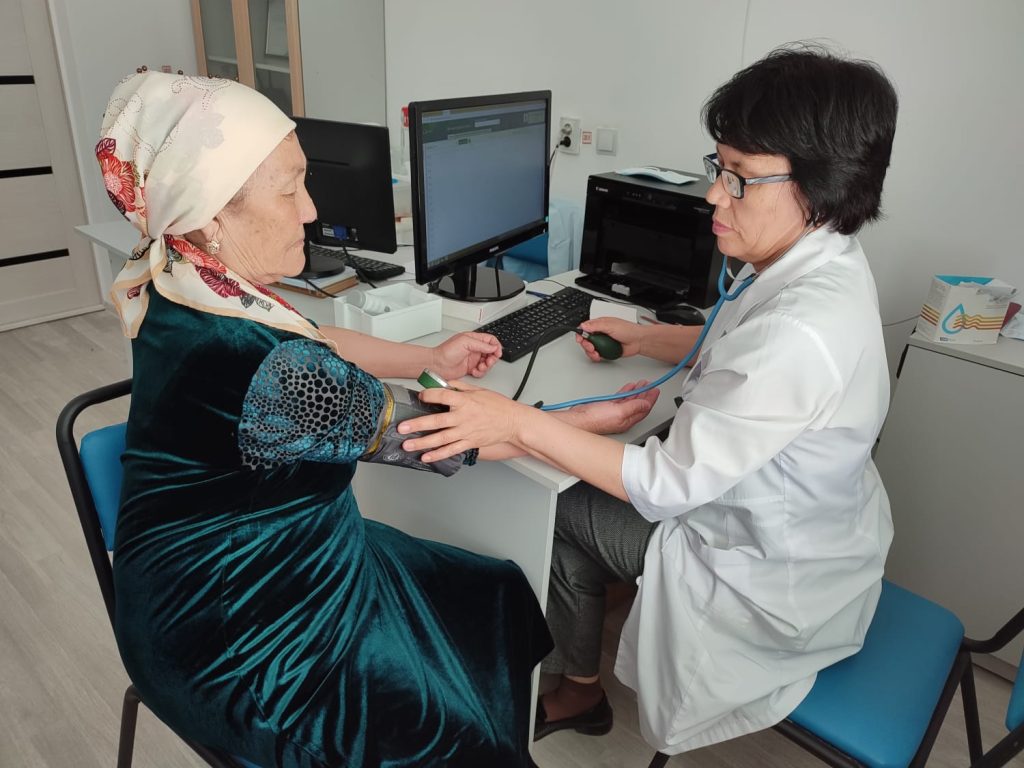Members of Parliament of Kazakhstan are raising the issue of efficiency of health financing in Kazakhstan and what needs to be done to overcome the lack of funding, despite billions of tenge (KZT) being poured into the system.
Atameken Business Channel, a recognized national mass media specializing in funding issues, held a TV show dedicated to health financing and efficiency of the Social Health Insurance system.
Participants of the discussion included:
- Zarina Kamasova, Member of the Parliament (lower chamber of the Parliament)
- Ainur Argynbekova, Member of the Parliament (senator, upper chamber)
- Tolebay Rakhypbekov, public health expert,
- Beibit Esenbayev, Vice-Minister of Digitalization
- Gulzhan Shaikhybekova, Deputy Chairman of the Executive Board, Social Health Insurance Fund of Kazakhstan
- Karshyga Kulnukhanov, public health expert, Head of the National Healthcare Chamber, Astana chapter
- Laura Akhmetniyazova, Depity Chairperson of MoH Committee for Care Quality Control
A video clip and infographics demonstrated that total health financing in Kazakhstan was as follows:
- 2018 – 900 billion KZT
- 2019 – 1 trillion KZT
- 2020 – 1.5 trillion KZT
- 2021 – 2.3 trillion KZT plus 860 billions for COVID-19 purposes
- 2022 – 2.5 trillion KZT, which was “finished by September 2022”
Despite the demonstrated growth of health financing, and even doubling of it, the system experienced lack of funding before 3rd quarter of 2022 ended.
Mass media and politicians repeatedly ask the question on health financing efficiency in light of such trend. In addition, the population complains of queues to see a specialized doctor and waiting times for planned hospitalizations.
Issues that could explain the above, according to the politicians and experts, include upcoding by healthcare providers, when providers charge claims to the Single Payer – the Social Health Insurance Fund – that do not match the real number of services provided. Vice Minister Esenbayev mentioned that punishments for false claims and upcoding became stricter and the fine payable for an upcoded case is now 300% of the case reimbursement rate (ex., a procedure that was upcoded will be charged three times its reimbursement tariff rate as a fine).
In addition, use of two benefits packages – the insured package and the guaranteed package confuses health workers and adds to system inefficiency, argued the attendants.
Expert Tolebay Rakhypbekov said the logic that “there is not enough money to fund health care providers” is wrong in its core, and must be replaced by a paradigm that health financing in fact has one single purpose – that is the social health protection of people. Money has the purpose of covering people’s health needs, which must be met. Currently, the expert added, 3 million people are uninsured, and of these, 1.8 million people are rural residents. He proposed to have all people insured and therefore to change the condition for the insured status.
Other opinions and acute issues that need attention were discussed as well, such as lack of skilled health workforce, lack of quality of care and others.
Link to the original video of the TV program is here





